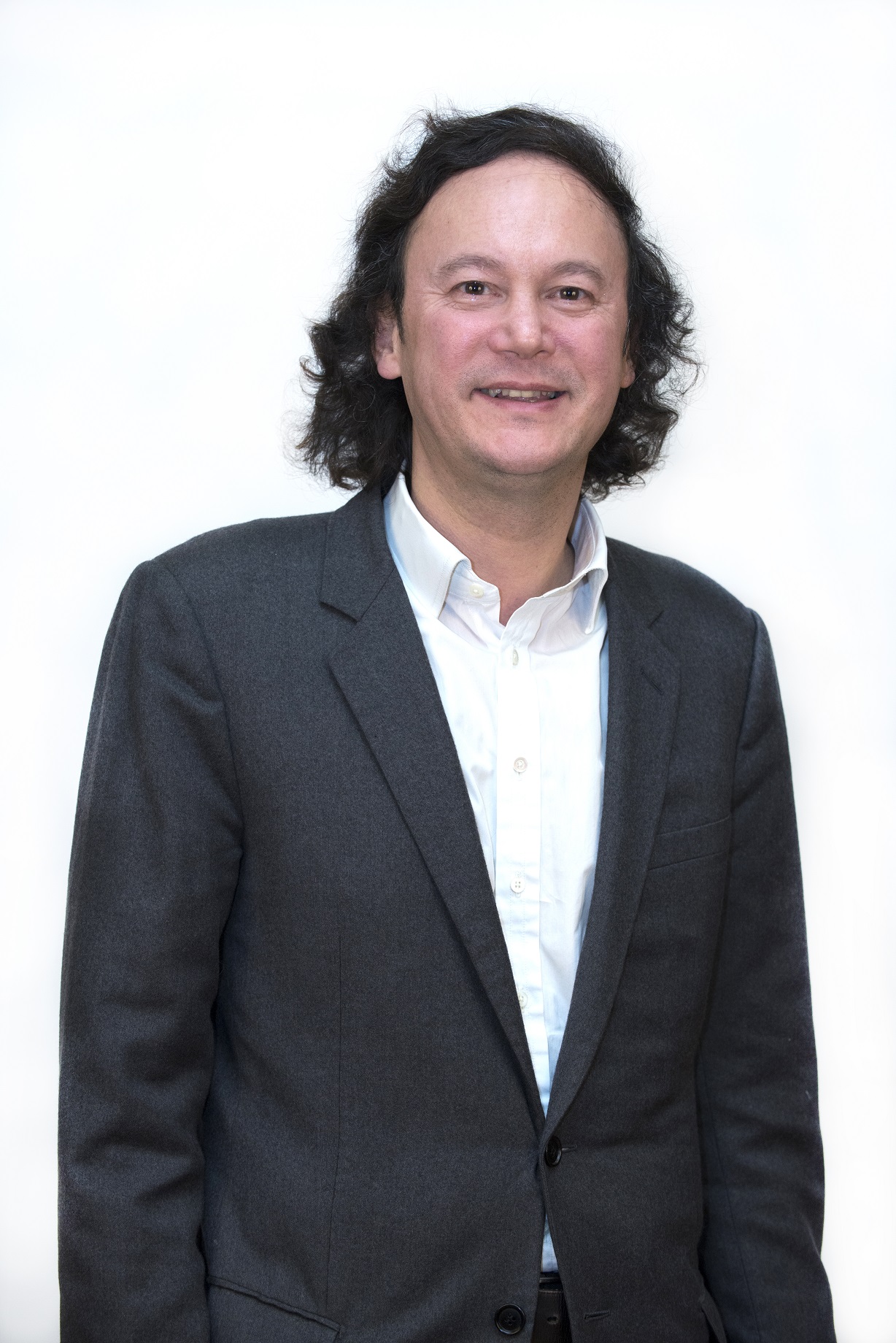In a decision of April 12th, 2023 (° 22-83.581), the Criminal Division of the Court of Cassation ruled that the recording of an interview prior to dismissal without the knowledge of the employer is not likely to to infringe his privacy, even though the remarks were made in a private place.
1) Facts and procedure
A union delegate, assisting an employee during his interview prior to dismissal, recorded the conversation without the knowledge of the company's Managing Director present during the interview.
On April 13, 2017, the Director General filed a complaint and instituted civil proceedings against the chief's union delegate, in particular, for invasion of privacy by recording words spoken in a private or confidential capacity.
On June 29, 2021, the investigating judge issued a dismissal order.
The Director-General appealed this order.
The investigating chamber of the Court of Appeal of Metz, in a judgment dated May 5, 2022, confirmed the order of dismissal on the grounds that the interview falls within the scope of the sole professional activity of the complainant.
The General Director then appealed to the Court of Cassation.
2) Means
The Director General criticizes the judgment for having confirmed the dismissal order when:
- The characterization of the offense of invasion of the intimacy of the private life of others provided for by article 226-1, 1°, of the Penal Code supposes the capture, recording or transmission of words spoken in a private capacity or confidential without the consent of the person uttering them; that the offense is constituted without it being necessary that the words captured, recorded or transmitted be of an intimate nature;
- In this case, the union representative recorded, without the knowledge of the Director General, words spoken privately or confidentially without the consent of the plaintiff.
3) Workaround
The Criminal Division dismisses the Director General's appeal on the grounds that:
“To say that Mr [K], who, as a shop steward, assisted Mr [X] during his pre-dismissal interview with Mr [O] and recorded the conversation without his knowledge the latter has not committed any fault, the judgment under appeal states that the interview falls within the scope of the plaintiff's sole professional activity.
The judges conclude that his recording is, therefore, not likely to infringe his privacy, even though the recorded remarks which he incriminates would have been made in a private place.
In deciding thus, the investigating chamber applied the exact application of article 226-1 of the penal code”.
4) Analysis
Article 226-1 of the Penal Code provides that:
"Is punished by one year's imprisonment and a fine of €45,000 the fact, by means of any process whatsoever, of deliberately infringing the intimacy of the private life of others:
1° By capturing, recording or transmitting, without the consent of their author, words spoken privately or confidentially; […]”
In this case, to dismiss the appeal lodged by the Director General, the Court of Cassation considers that the recording of the preliminary interview is not such as to infringe the intimacy of his private life because the interview falls within the scope of the plaintiff's sole professional activity.
This solution is not new, the criminal chamber has already adopted the same solution for similar facts in a judgment dated January 16, 1990 (n°89-83.075).
This solution was also adopted by the Court of Cassation, in a judgment of February 14, 2006 (n°05-84.384), concerning the recording of telephone conversations with former work colleagues.
In addition, the recording of the prior interview could be used as a mode of proof.
Indeed, if in principle recording a person without their knowledge is an unfair process and therefore an inadmissible mode of proof, case law sometimes allows the production of unfair evidence under the right to evidence.
Thus, unfair evidence may be accepted if it is necessary for the exercise of the right to evidence, and if the harm it causes is proportionate to the aim pursued (Cass. soc., September 30, 2020, n°19- 12.058).
Frédéric CHHUM avocat et ancien membre du conseil de l’ordre des avocats de Paris (mandat 2019-2021)
CHHUM AVOCATS (Paris, Nantes, Lille)
e-mail: chhum@chhum-avocats.com
https://www.instagram.com/fredericchhum/?hl=fr
.Paris: 34 rue Petrelle 75009 Paris tel: 0142560300
.Nantes: 41, Quai de la Fosse 44000 Nantes tel: 0228442644
.Lille: : 45, Rue Saint Etienne 59000 Lille – Ligne directe +(33) 03.20.57.53.24



Pas de contribution, soyez le premier